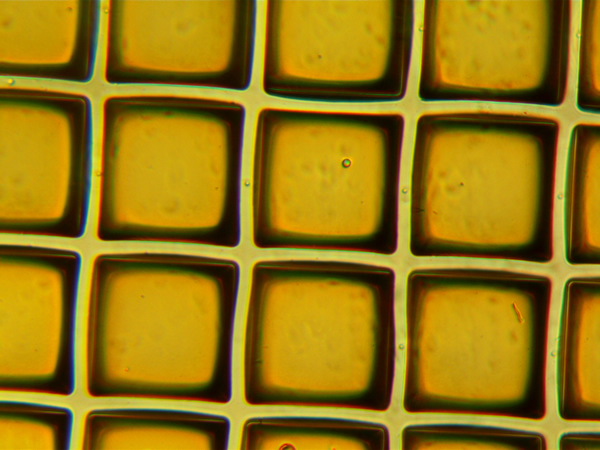Mutation is the source of genetic variation, contributing to adaptive evolution and population stratification. The fields of evolutionary and population genetics apply quantitative and statistical analytical methods to models of populations, endeavoring to understand the dynamics of genetic variation and change in natural populations. The focus of these fields includes molecular population genetics such as allele frequency, quantitative genetics, and the phenomena of recombination and its impact on genetic linkage.
The research projects of our Evolutionary and Population Genetics faculty employ genome-wide statistical analytic approaches to understand the genetic structure and sequence variation among populations and species (Kidd, Mills) as well as complex phenotypes and evolutionary history (Li). In addition, we are interested in the evolutionary history and functional mechanisms of specific elements in the human genome, such as the retrotransposon (Moran) and X-amplicons and their impact on male fertility (Mueller).






